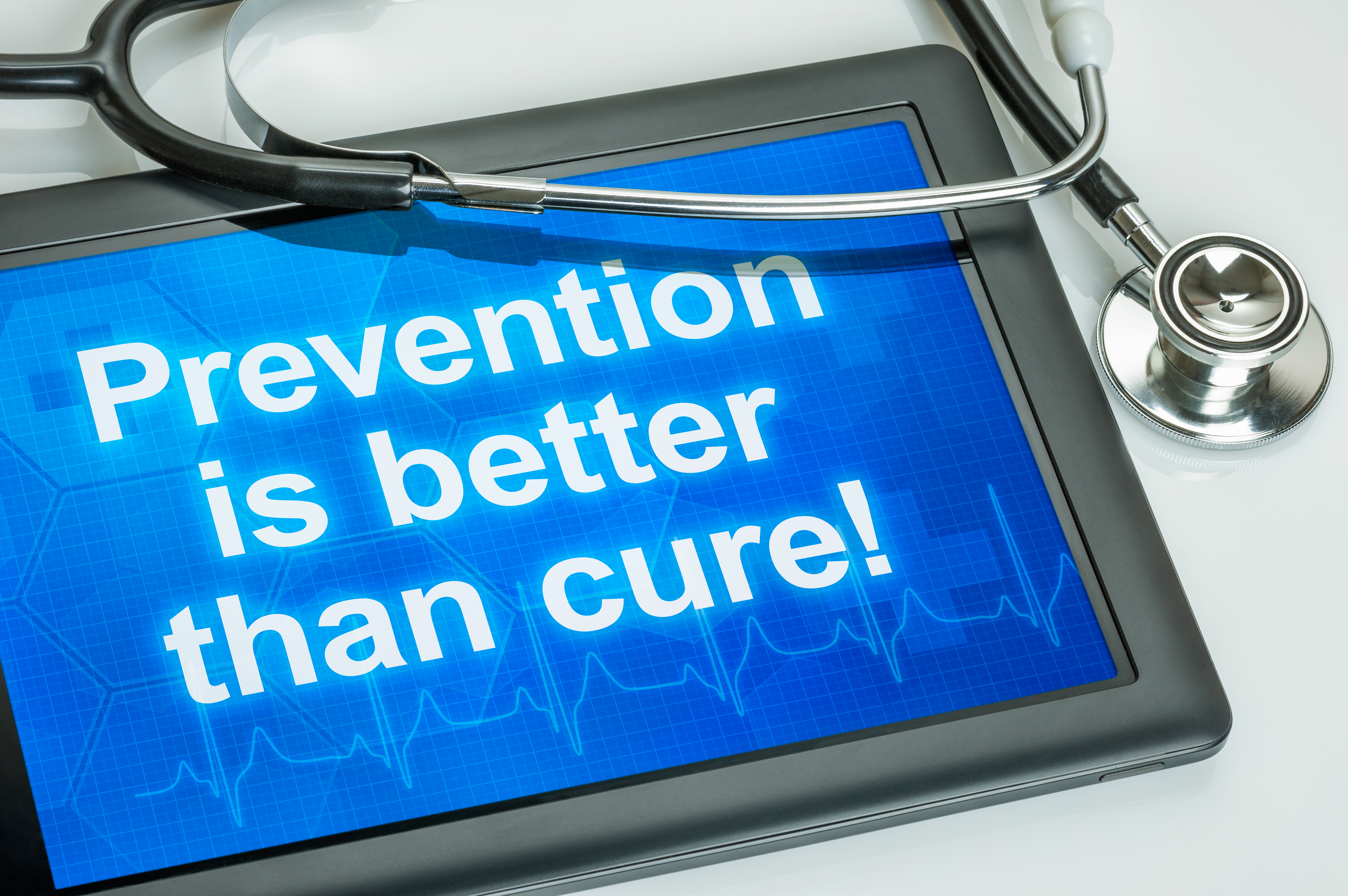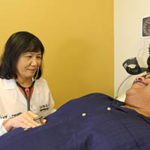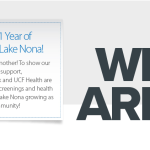
Vaccines are for all ages, not just children. They are an excellent way to prevent disease; in fact, as we age, it is crucial that we receive the appropriate vaccinations to protect ourselves from diseases that can have serious health implications. Staying up-to-date on vaccinations should be a top priority throughout your life.
Different vaccines are recommended during certain stages of our lives, including ones to take during childhood, pregnancy and after age 65. Some patients with chronic diseases may also be at a higher risk for some illnesses and have recommended vaccines. Here is a breakdown of what shots to get and when to get them.
Vaccines for All Ages
The Tdap (Tetanus, Diphtheria, Acellular Pertussis) vaccine and the yearly influenza vaccine are recommended for all ages, regardless of health status.
The Tdap vaccine protects us from tetanus, diphtheria and pertussis – rare but severe diseases. Doctors recommend receiving this booster vaccine every 10 years. Pregnant patients have different recommendations.
Everyone should get the influenza vaccine yearly and as early as it is available.
Vaccines for Pregnant Women
In addition to a yearly flu shot, pregnant women should also receive a Tdap (Tetanus, Diphtheria, Acellular Pertussis) vaccine during their third trimester with every pregnancy. This helps protect newborn babies from pertussis, also known as whooping cough. Those who will be around young children should also be up-to-date on their Tdap and may need a booster to protect the health of their young loved ones.
Vaccines for Those Who Are 65+
If you are over the age of 65, you should receive the pneumonia vaccines and shingles vaccine in addition to your yearly flu shot. For pneumonia, both Prevnar and Pneumovax are recommended, but you should talk to your doctor about spacing out the vaccines. For shingles, there is a new vaccine called Shingrix, which is recommended to all patients, even those who have received the older shingles vaccine, Zostavax, in the past.
Vaccines for Those With High-risk Conditions
High-risk conditions can include any cardiac diseases, rheumatologic diseases, pulmonary diseases, kidney diseases, liver diseases, diabetes, and immunocompromising conditions, among others. If you have any of these conditions, you should likely get the pneumonia vaccine. Other vaccines may be recommended depending on your condition. Having a visit with your primary care doctor or subspecialist regarding vaccines is a good way to understand your condition and which vaccines are recommended.
Cancer-preventing Vaccines
The HPV (human papillomavirus) and HBV (hepatitis B) vaccines may help prevent cancers. The HPV vaccine may help prevent cervical, anal, and oropharyngeal cancers, and the HBV vaccine may prevent liver cancers. These vaccines are recommended for young children and adolescents as well as other high-risk patients. You should receive the vaccine to prevent the disease before exposure to the HPV and HBV viruses.
Travel Vaccines
When traveling out of the country, you should talk to your doctor before the trip. Certain vaccinations may be required for entering your destination, and others are generally a good idea to protect your health. Your doctor or a travel medicine specialist can help advise you.

Dr. Aishah Ali is a board-certified allergist and immunologist at UCF Health in Lake Nona and helps educate patients about recommended vaccinations. Learn more at ucfhealth.com.


